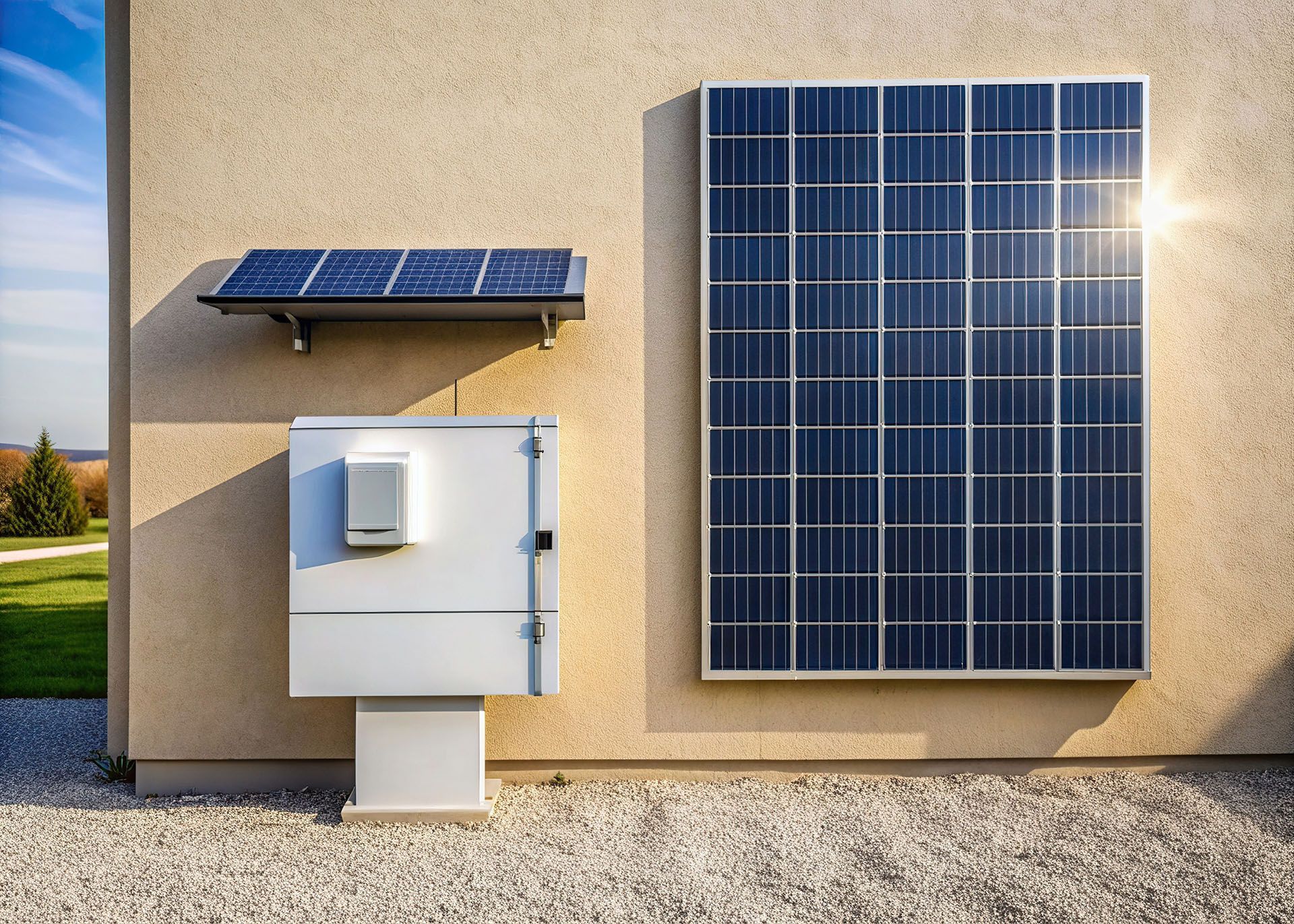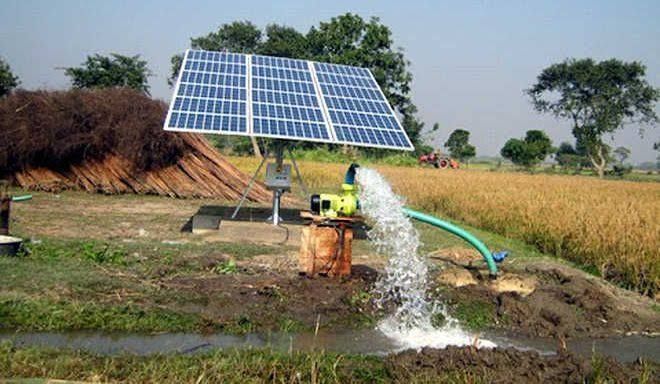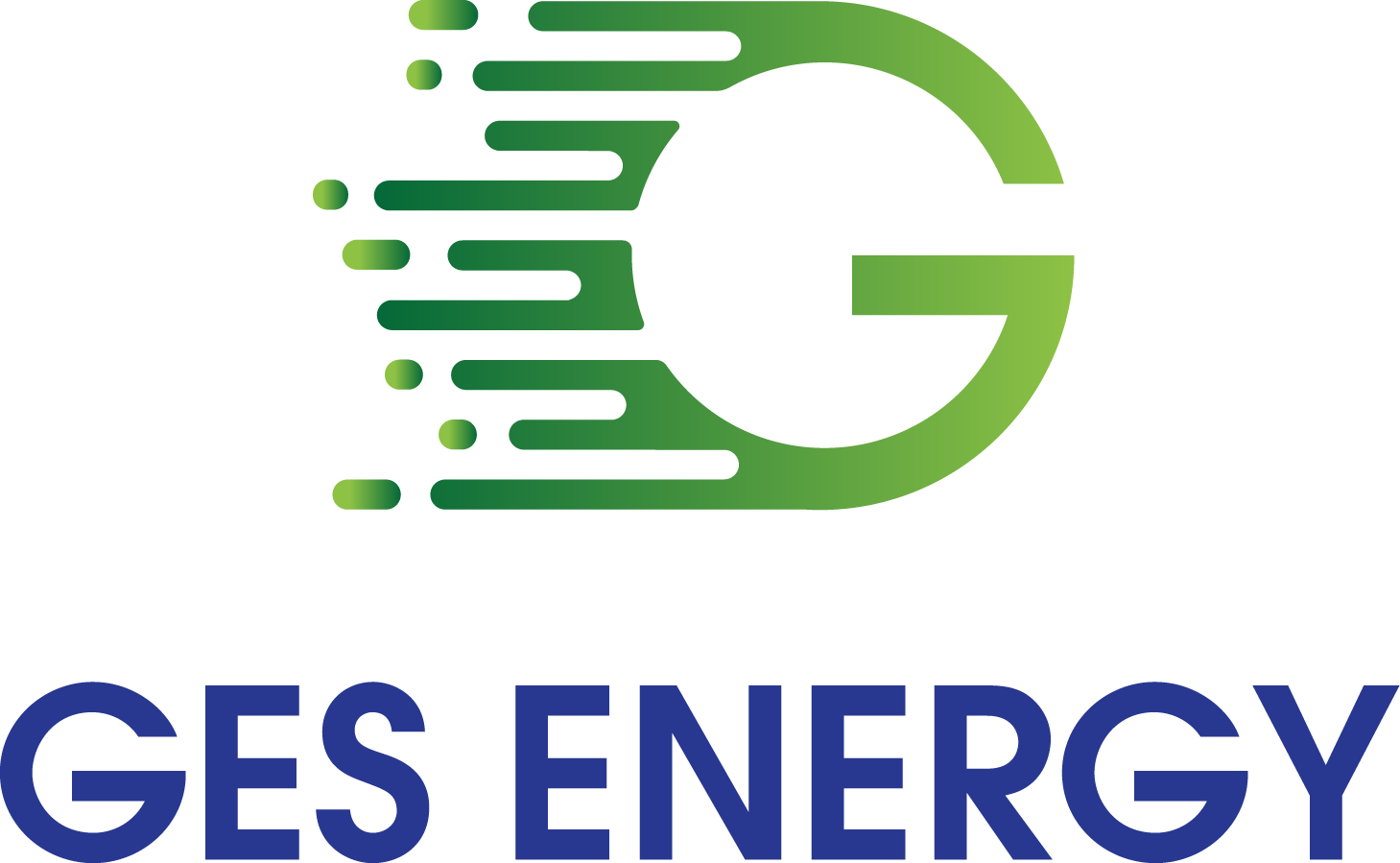Have A Question?
Are Solar Batteries Worth It?
Are you thinking about installing solar batteries on your existing solar system but you are unsure if they are worth your money? GES Energy are expert installers for solar batteries in Australia and we can set up your system from design to installation.
We can't deny that solar panels are booming in the market for quite some time now. And in line with their popularity and demand, the significant expansion of solar installations has also put more strain on the already fragile electrical grids. Thus, in order to address this, households have started to use solar batteries as a solution to store solar energy, which leads us to question, "Are solar batteries worth it?"
But before we answer that, let's learn first what solar batteries are.
What are Solar Batteries?
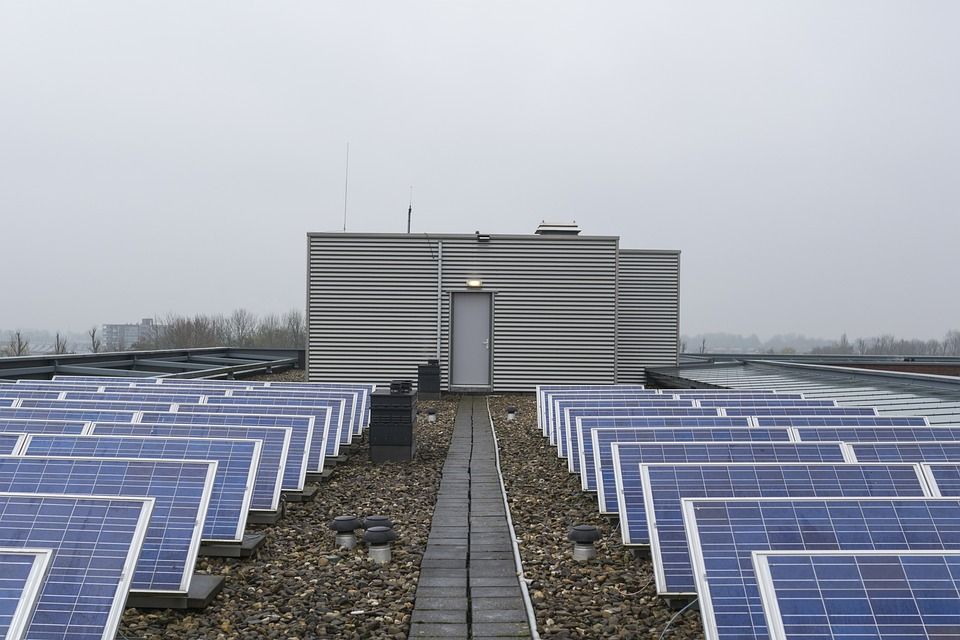
A solar battery is a tool that you can use to store extra energy accumulated from a solar panel. Its main purpose is to provide backup power in case your solar battery system has run out of energy. Typically, it is made up of three main components - lithium, electrodes and titanium mesh.
The stored energy collected on a solar battery can basically be used during power outages or when your solar panels are not enough to generate electricity inside your home. Typically, solar batteries are also used at night and during rainy days when there's not much sunlight.
Evidently, your solar power system may benefit greatly from the inclusion of a solar battery. Aside from providing you with more alternatives to power your home, solar batteries can also help you store extra electricity that you can use when your solar panels are not producing enough.
How Do Solar Batteries Work?
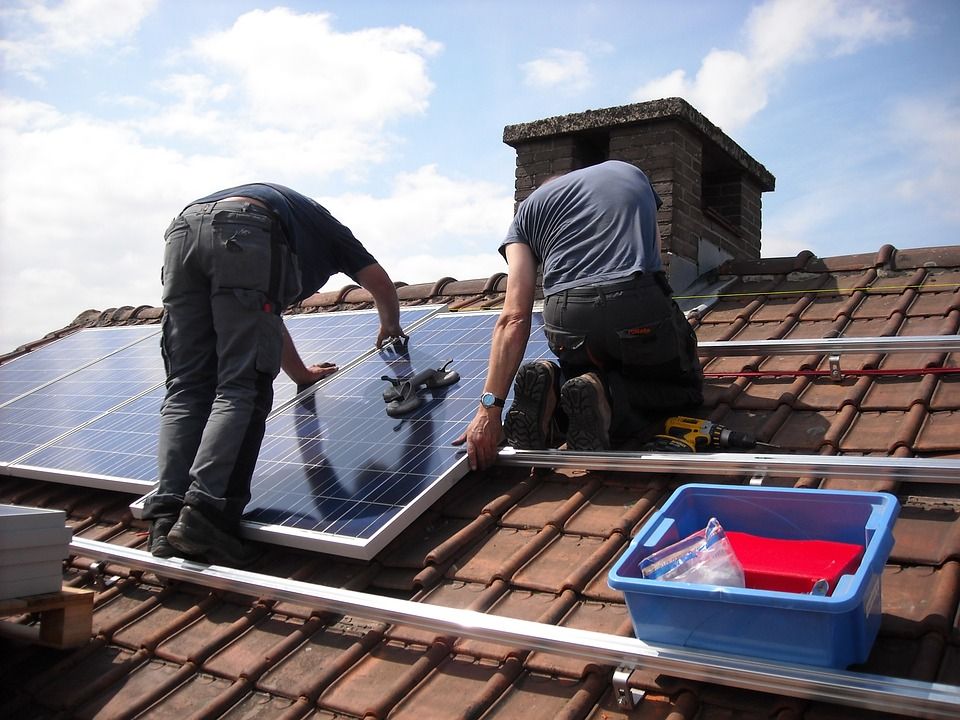
Solar batteries act as an energy storage for your solar battery system. The excess solar energy generated by the solar panels that you don't use immediately is stored in solar batteries for you to use later.
Technically, as sunlight hits the solar panels, the energy is converted to direct current electricity which goes inside the battery. It then leaves the battery and enters an inverter to be converted into alternating current electricity that your home can use.
As it happens, solar panels generate electricity at the time of the day when your house does not consume that much electricity. Using a standard grid-tie solar system, the excess solar power is sent back to the electrical grid.
However, when you use solar batteries on your solar panels, the excess electricity is stored in the battery instead of being sent directly to the grid. You can then use the stored energy in your batteries when the sun sets and your panels aren't producing enough instead of paying for electricity from the utility.
Types of Solar Batteries
Lead-acid
When it comes to solar energy storage, lead-acid batteries are the standard type to use. Because they are reliable and practical to use, many homeowners still opt for this kind of solar battery despite the fact that it can only store a little quantity of energy per kilogram of weight. Lead-acid solar batteries now last longer and can give power for up to eight hours, thanks to recent technological advances.
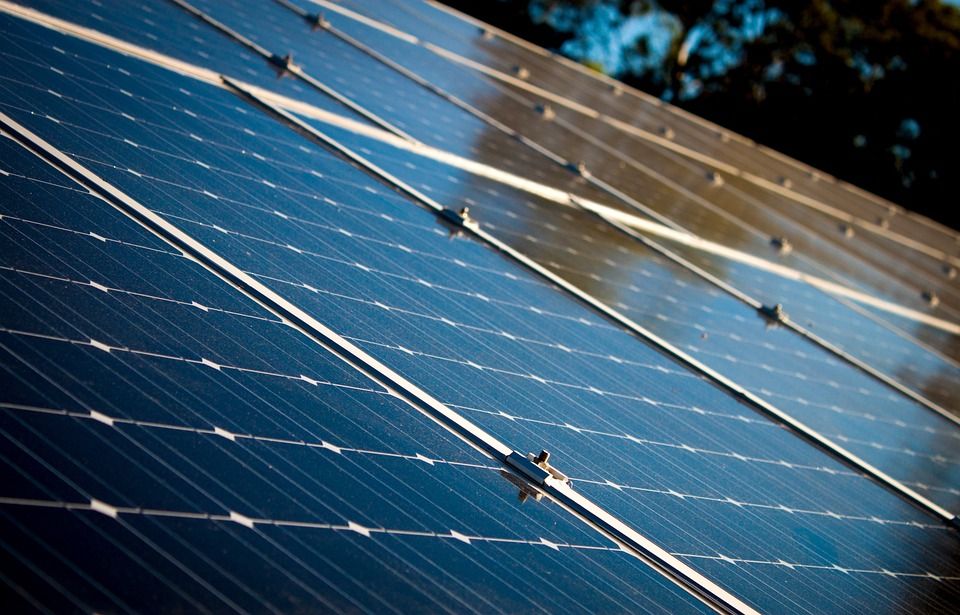
Lithium-Ion
Lithium-ion batteries are one of the most popular types of solar batteries used in electric vehicles and industrial set-ups. Compared with lead-acid batteries, lithium-ion batteries have a higher battery storage density which allows them to store more energy in smaller volumes.
In addition, they also have a longer lifespan, which means that you can maximise their full warranty of up to 10 years. Lithium-ion batteries have a higher depth of discharge than other types of batteries, allowing you to utilise your battery's internal energy for a longer period of time.
Advantages of Solar Batteries
Emergency Backup Power
Ultimately, solar batteries are designed to provide you with an emergency backup power in the event that your solar panels ran out of energy. With the help of solar batteries, you can access power even if your household or the whole facility experiences a power loss or is disconnected from the grid.
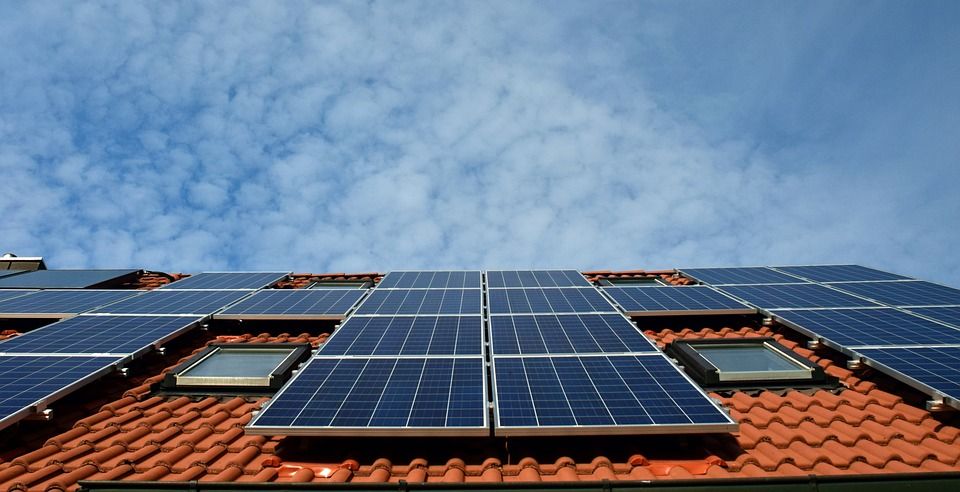
Saves Energy Bills
One of the many advantages of battery storage is the reduction of your electricity bills. By using a solar battery storage in your household, you can generate up to 80% more solar electricity by adding 4 kWh battery to a 5 kW solar system. As feed in tariff (the payment you receive for supplying energy to the grid) winds down, the amount you save on your power bills increases.
Reduced Carbon Footprint
Since solar energy is a renewable resource, you can always consume more of it without worrying about its impact. It is clean and it doesn't produce any "greenhouse" gas that can trap harmful carbon dioxide. It also avoids the environmental damage caused by fossil fuel exploitation. In addition, solar energy consumes little to no water compared to power plants that make electricity using steam turbines.
Increased Self-Reliance on Your Solar System
Solar energy is mostly used during the night and when the sun's not out, which is why solar batteries help you increase your energy independence to your solar panel system. By being energy sufficient, you are also being mindful of how you control your household's overall power supply.
Low Maintenance
Solar panels do not use machine parts that need regular replacement, which is why they only require little to no maintenance at all. Just always ensure to keep them clean and in good condition to maximise their function.
Increases Home Value
Having solar panels installed on your house might raise its value. The cost savings from extra power and the decline in electricity prices are both positive aspects when weighing the advantages and disadvantages of solar systems. Thus, solar-equipped homes are quite valuable and can increase a home's market value by up to $15,000 above those that don't.
Disadvantages of Solar Batteries
Solar Batteries are Expensive
We all know that solar batteries aren't cheap. Hence, they are even more expensive when you are just getting started. Although they are not required on every solar system, they can become necessary when you go off the grid.
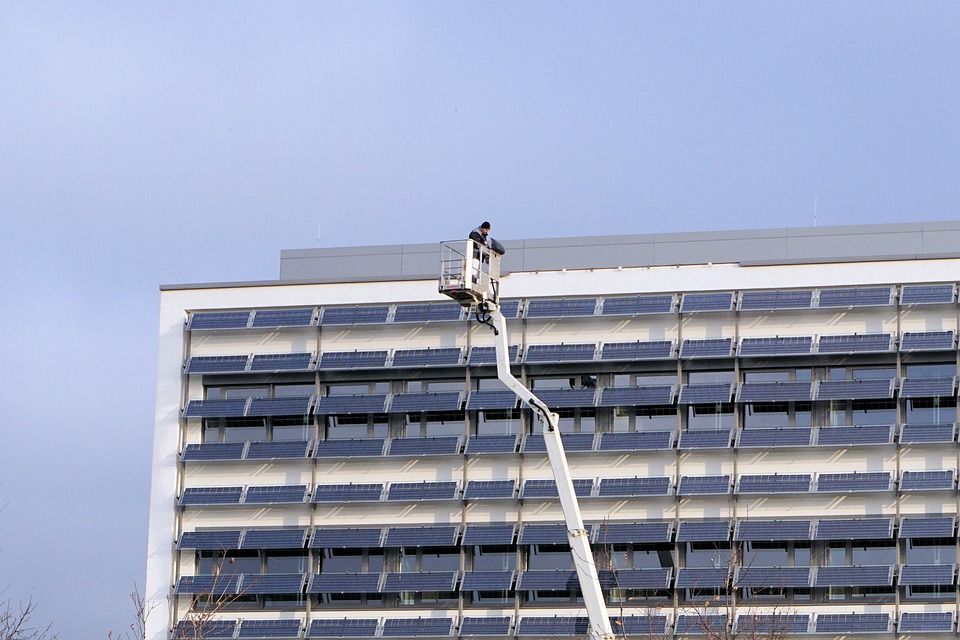
A solar system's cost will increase significantly when batteries are added and it may even cost more if you buy top-of-the-line lithium batteries for an entire off-grid system. You can expect to pay an average of $8,000 just on battery costs alone.
Solar System Becomes More Complex
Your solar system can become more complex with the addition of solar battery storage design and installation. This means that more components can also prompt more errors. To prevent this, follow the right battery size and design of the cables that you will add. Also make sure that your solar battery systems are placed in a cool area to prevent overheating.
Additional Battery Storage
Solar Batteries are larger and can take up more space than regular batteries. Depending on the size and type of battery you will use, you may need to allocate an additional space for your battery storage for proper ventilation and additional safety purposes.
How Much Does a Solar Battery Cost?
Solar batteries are generally expensive because of how they were made and the materials used to produce them. Costly materials are required to create the electrodes and other components that store and release energy. Depending on the battery's composition and properties, a solar battery can cost you with an average price of $200 going up to $18,000 with battery installation costs not included yet.

Some people resist buying a solar battery because of the price. However, solar battery prices in general still depends on its size and power; the bigger the kilowatt hours (kWh) storage capacity, the more expensive it is.
But although solar batteries may seem expensive on your initial purchase, once you've gained energy independence, you will continually save money on your electricity bill over time.
The average cost of installing lithium-ion batteries for residential solar panels ranges from $7,000 to $14,000. While small-capacity lead-acid solar batteries cost as low as $200. However, they are normally used as emergency backup power for recreational vehicles and won't be able to power anything in your home.
How Long Do Solar Batteries Last?
Like regular batteries, solar batteries also need regular recharging from time to time. When charged fully, home batteries can last by up to five days. While battery manufacturer like Tesla, makes batteries that can last for seven days long without charging.
If you are planning to buy a solar battery, you should expect and prepare to replace them regularly to be able to maximise their battery storage capacity. A standard solar battery can last for 20 years but with proper maintenance, it can even last for 30 years.
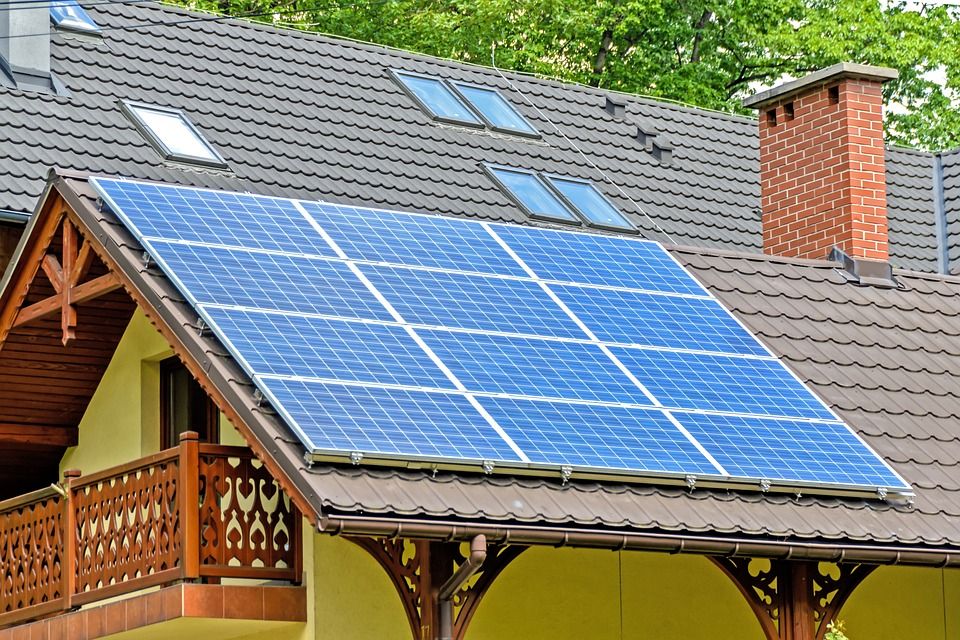
How much Solar Battery Storage Will I Need?
If your goal is to make the biggest financial savings as possible, you should provide enough battery storage to power your home completely.
Approximately 2 to 3 batteries should be enough for your energy needs in case you ran out of stored solar power in your energy storage system. But if you just need to maintain your electricity during a grid outage, one solar battery should be enough.
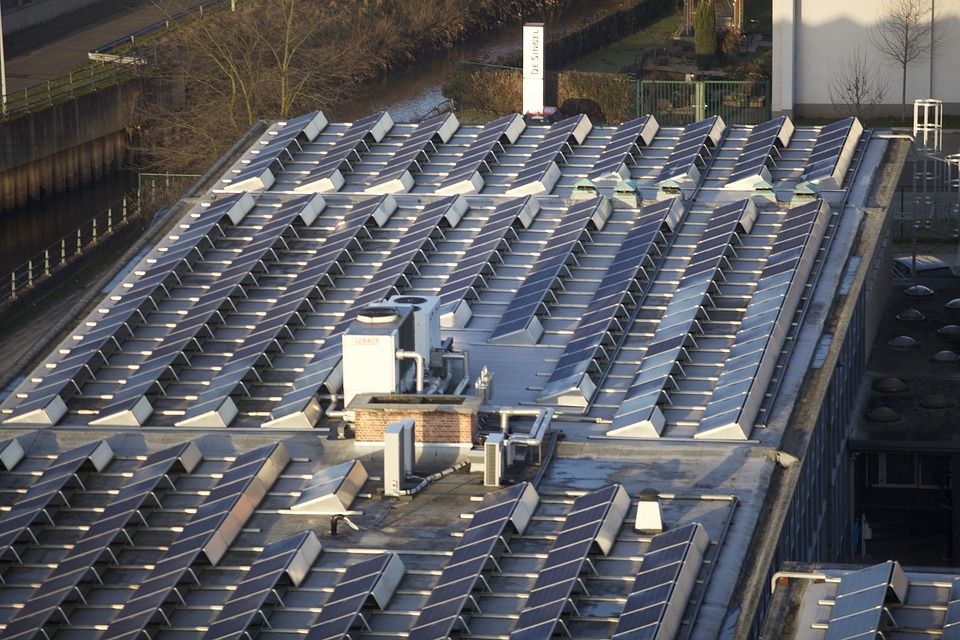
Conclusion
Now that we've weighed down the advantages and disadvantages of solar batteries, it's time for us to answer "Are solar batteries worth it?" Solar batteries are an expensive investment, but if you live off the grid, they may be able to help you save money by significantly reducing your electricity bills. Instead of paying for energy acquired from different sources, solar batteries can power your home using renewable energy.
What's more, you can even receive battery incentives and rebates from your government to help offset the cost of adding a solar battery to your system.
When thinking about how much solar battery storage will you need to add on your existing system, it is best to consult with solar installation experts.
Trusted Solar Installation Specialists in Australia
Whether you are looking for solar batteries for your residential, commercial or industrial needs, you can count on GES Energy for quality products and expert services.
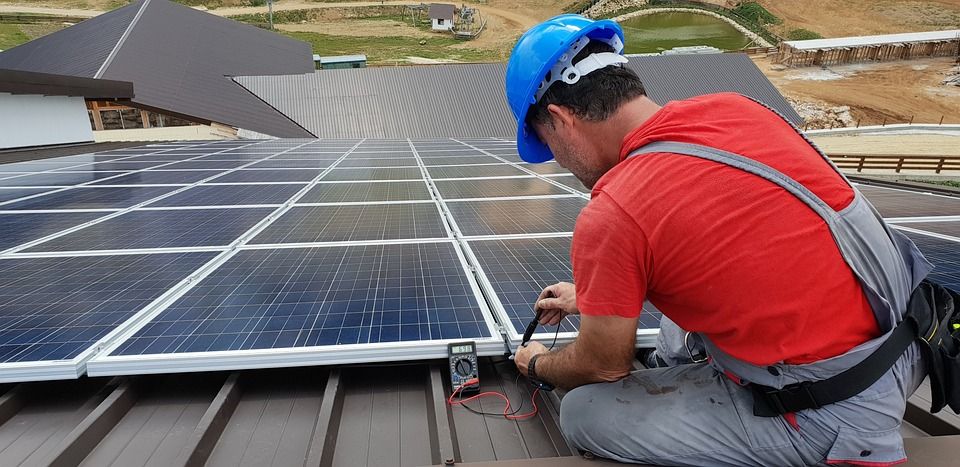
We are solar installation specialists in Australia that provide multi-disciplinary engineering services in major areas of renewable energy and technologies. As experts in the Design, Supply, Installation and Maintenance of Solar Batteries, we can provide you with professional grid-connected and off-grid solutions for your solar projects.
Browse by Categories
Speak to one of our specialists
Speak to one of our specialists →I hope you enjoy reading this blog post.
Greentech Engineering Solutions (GES) helps residents, businesses and industry transform energy systems for a smarter, cleaner future. As an EPC Solar specialist we manage projects from concept to feasibility, finance, engineering, procurement, construction and beyond.
I hope you enjoy reading this blog post.
GES Energy helps residents, businesses and industry transform energy systems for a smarter, cleaner future. As an EPC Solar specialist we manage projects from concept to feasibility, finance, engineering, procurement, construction and beyond.



